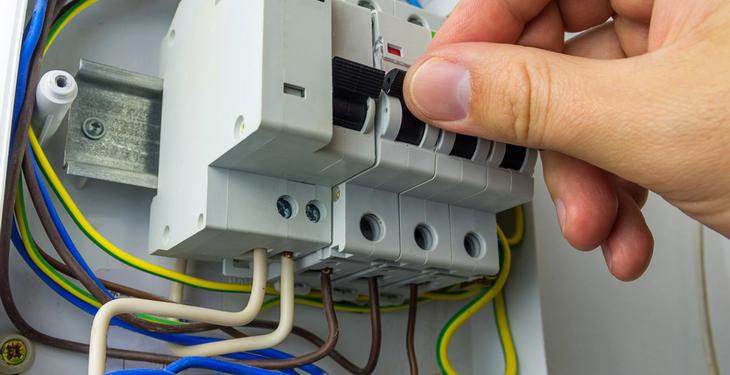The automatic switching of consumers from the regulated electricity market to the universal service market is not normal, according to Energy Minister Virgil Popescu. “It is an abuse of the dominant position suppliers make use of,” said the minister at Digi24 TV, although the accused decision came from the regulator, and not from the supply companies. Virgil Popescu announced that the government would amend the law on electricity and natural gas so that liberalization would take place by direct transfer of the inertial household consumers “to the cheapest competitive price in the portfolio of the current supplier”.
The idea appears to solve the pressure of a higher price to be paid by customers who do not voluntarily choose a supplier in the competitive market, but it would not increase competition. It is also problematic to identify the lowest price offered by a supplier, since the contracts behind each price are different, with different services and models of calculation, which aim at the best solution for different categories of customers: different night/day consumption, with daily subscription or without, with insurance included or not, etc.
Such an intervention, however, perpetuates the present portfolios of the major traditional suppliers and raises a new problem: will supply companies be able to sell the electricity needed for some 6 million customers at the lowest price in their offer? Massive and automatic migration is most likely to force suppliers to increase these lowest prices, while it would not encourage the consumers to make an informed choice. This will require further more intervention by the authorities. How free will this “liberalized” market be and how functional?
Traditional suppliers will largely maintain their existing customer base and the space of maneuver for small competitors will be limited.
The electricity market was fully liberalized on 1 January 2021, after numerous delays in recent years. Since then, the regulatory regime has disappeared and consumers who do not voluntarily switch to the competitive market risk paying 13 to 26% higher bills under universal service.
ANRE announced that it extends until 31 March 2021 the period during which household customers entering into supply contracts on the competitive market can benefit from the price in the new contract even for the electricity consumed during the first quarter of the year. The measure was considered by some analysts as anti-competitive as it encourages consumers to stay with current suppliers. Others also call for “an urgent delay in the liberalization process”, as such a measure cannot be applied according to the law. However, there are many legal issues that arise, since liberalization has already taken place since 1 January 2021.
